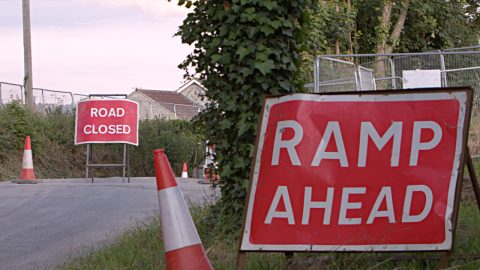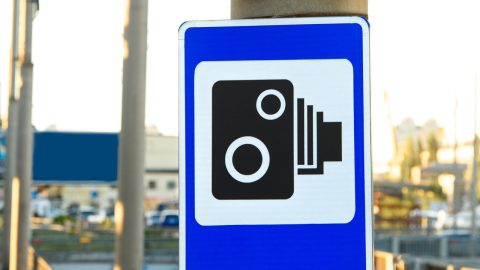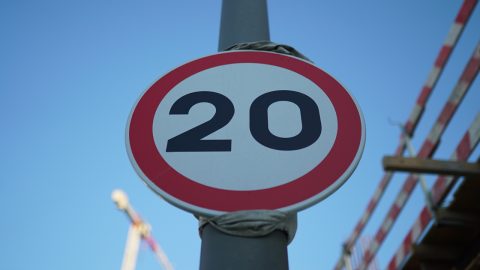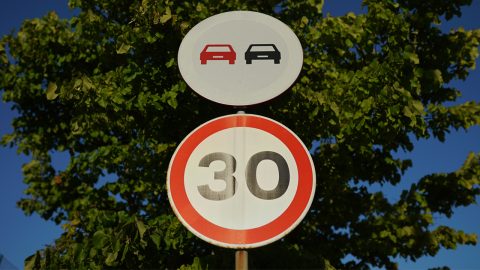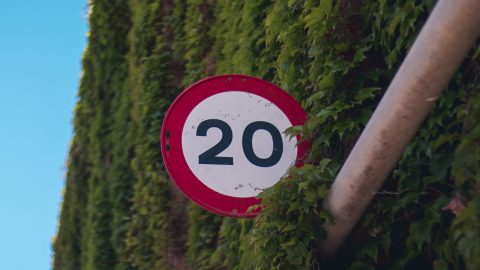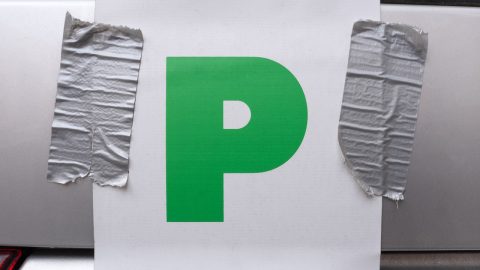Receiving a speeding ticket can be a distressing experience, but in some cases (and we’ve all been there), you may feel the ticket was wrongly issued or there are mitigating circumstances worth considering. Well, here in the UK, there are structured processes in place for challenging a speeding ticket. This article provides a comprehensive guide on how to approach this situation, alongside answers to frequently asked questions.
Understanding the Process
When you receive a Notice of Intended Prosecution (NIP) for a speeding offence, it’s crucial to respond within the 28-day period specified in the notice. The response should indicate whether you accept the speeding charge or intend to contest it.
Grounds for Challenge
- Incorrect Details: Verify the accuracy of the details on the NIP, including the date, time, location of the alleged offence, and vehicle details. Discrepancies can be grounds for dismissal.
- Road Signs: Inadequate or obscured speed limit signs can sometimes justify a challenge, especially if you can prove that you were unaware of the speed limit.
- Device Accuracy: Questioning the accuracy of the speed detection device used can be another approach, though this typically requires expert evidence.
- Mitigating Circumstances: Exceptional reasons such as medical emergencies might not absolve you of the offence but could lead to leniency.
The Challenge Process
- Informal Challenge: Initially, you might have the option to raise an informal challenge by writing to the ticket issuer, explaining why you believe the ticket is unjust. This step is more common for fixed penalty notices.
- Formal Appeal: If the informal challenge is unsuccessful or not an option, you can formally contest the ticket. This involves rejecting the fixed penalty notice and requesting a court hearing. Be prepared to present your case, potentially requiring legal representation.
Preparing Your Case
- Evidence: Collect any relevant evidence, such as photographs of obscured road signs, vehicle calibration certificates, or witness statements.
- Legal Advice: Consider consulting a solicitor specializing in traffic offences. They can provide guidance on the strength of your case and the likelihood of success.
Potential Outcomes
- Case Dismissal: If your challenge is successful, the case may be dismissed, and you will not face any penalties.
- Reduced Penalty: In some instances, the court might acknowledge mitigating factors and reduce the penalty.
- Conviction: If the challenge is unsuccessful, you may face the original penalty along with additional court costs.
FAQs
You should respond to the NIP within 28 days, indicating your intention to challenge the ticket. The actual challenge process might take longer, depending on court schedules.
Yes, speed camera tickets can be challenged on similar grounds, such as disputing the accuracy of the camera or the clarity of speed limit signs.
This depends on the complexity of your case and the potential consequences of the ticket. For more serious cases, legal representation can be beneficial.
Evidence can include photographs, witness statements, expert reports on device accuracy, or any other material supporting your case.
Accordion Eligibility for a Speed Awareness Course is at the discretion of the police and is typically offered before formal challenges. If you go to court and lose, this option may no longer be available to you.
If the challenge is unsuccessful, you’ll likely face the original penalty along with potential court costs and legal fees, if applicable.
Yes, if the challenge results in a conviction, it can affect your insurance premiums similar to accepting the ticket initially.
Our Advice on Challenging a Speeding Ticket
Challenging a speeding ticket in the UK involves a careful consideration of the circumstances surrounding the offence and a structured legal process. While not every challenge will be successful, understanding your rights and the proper procedures can significantly impact the outcome. Always weigh the potential costs and benefits before deciding to contest a speeding ticket.

